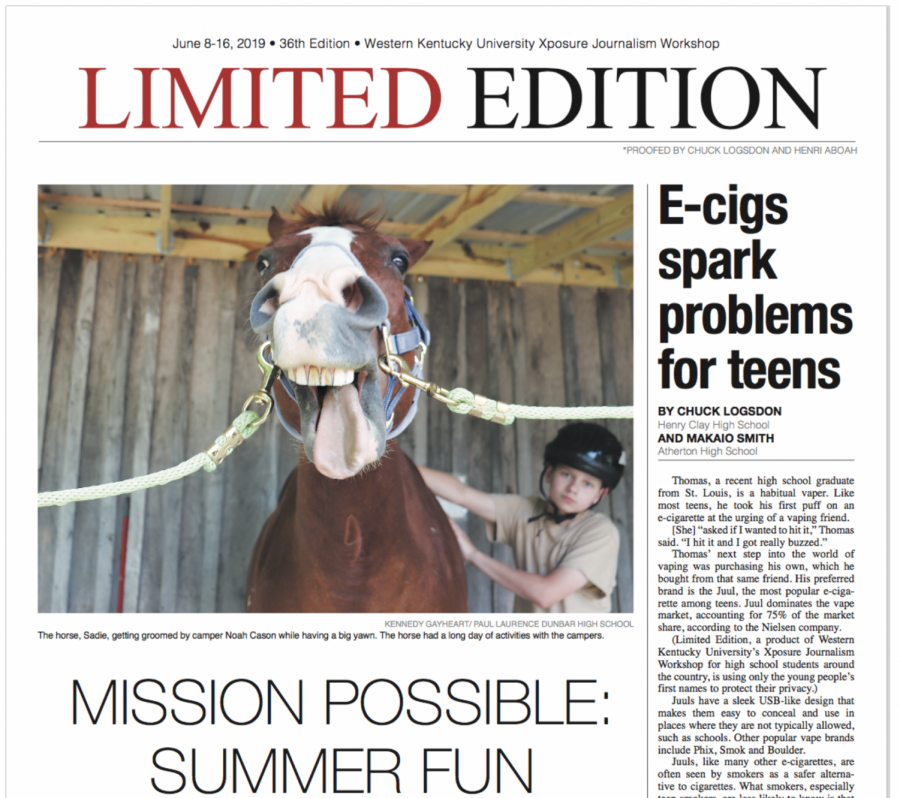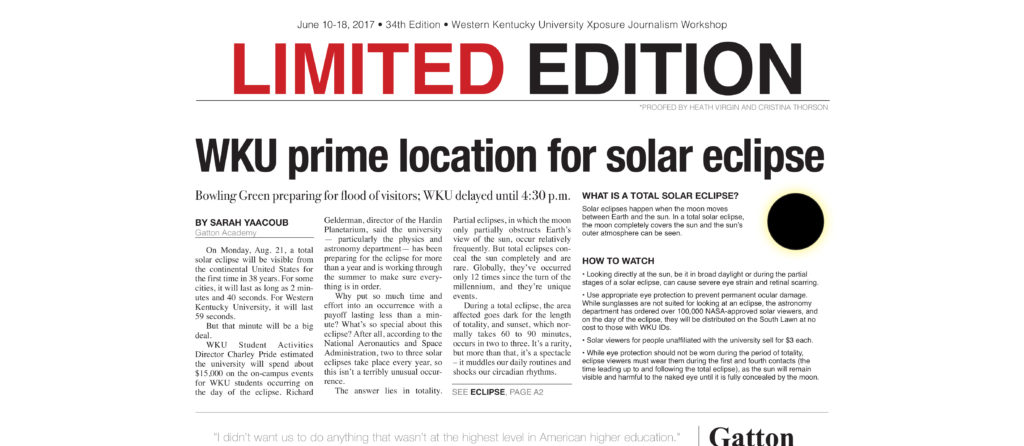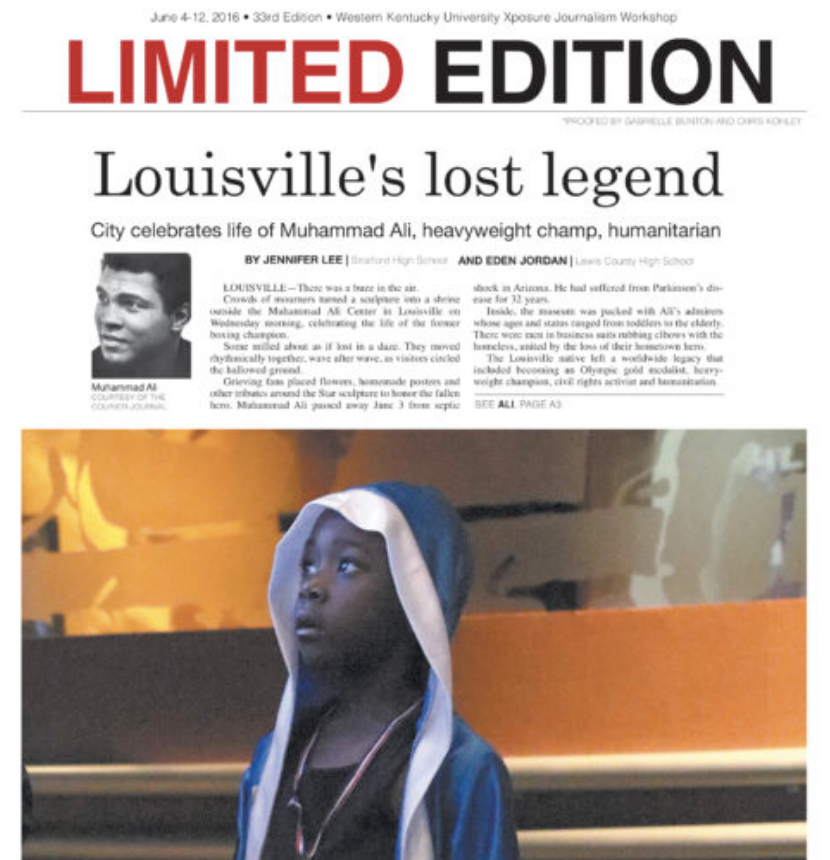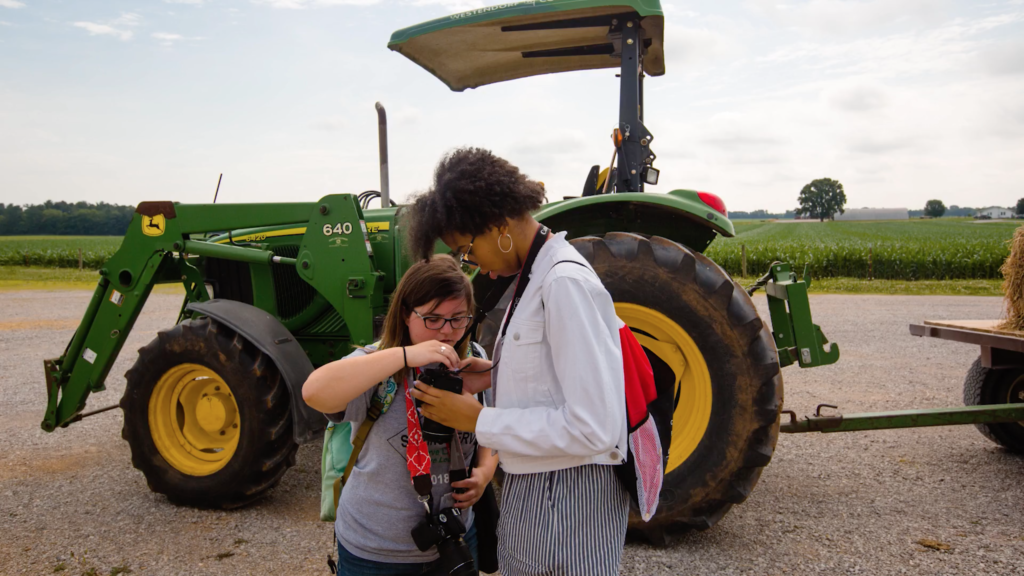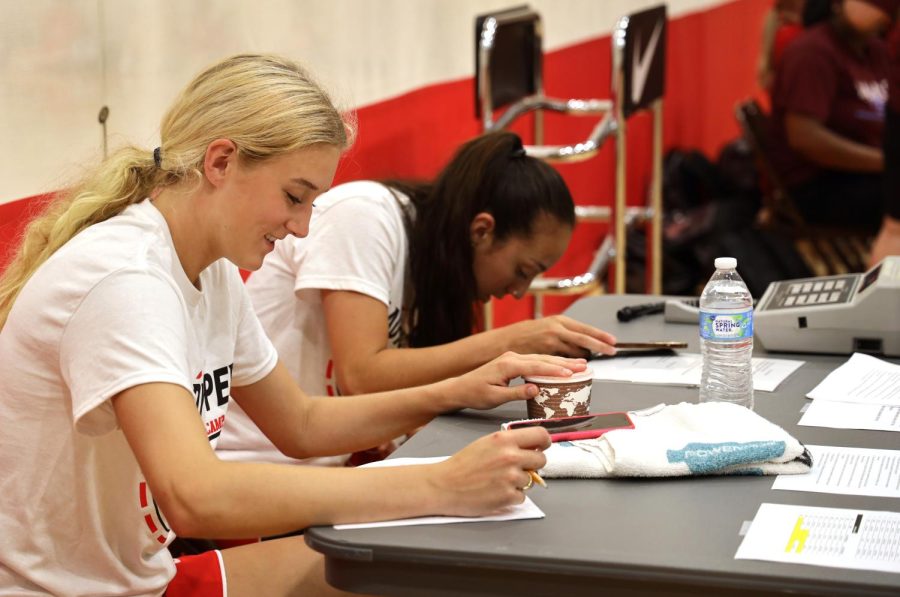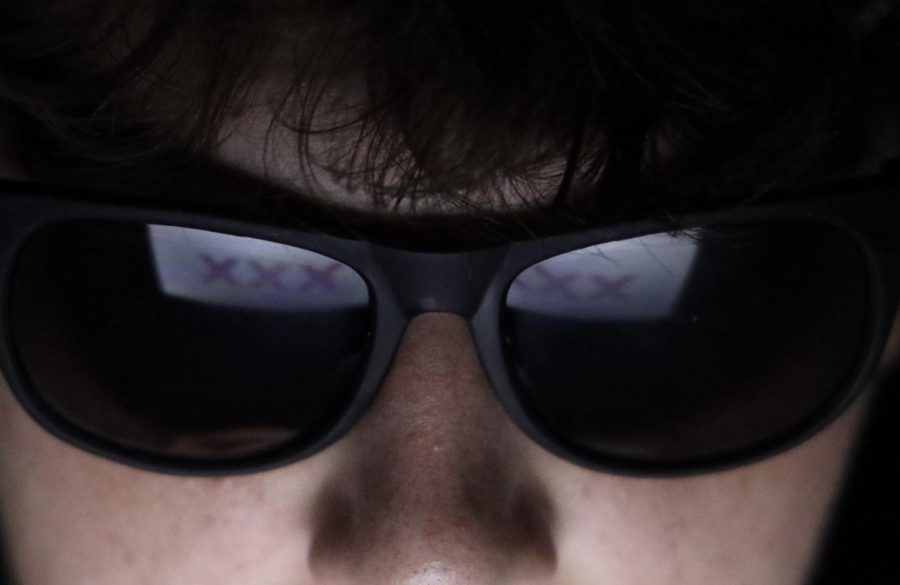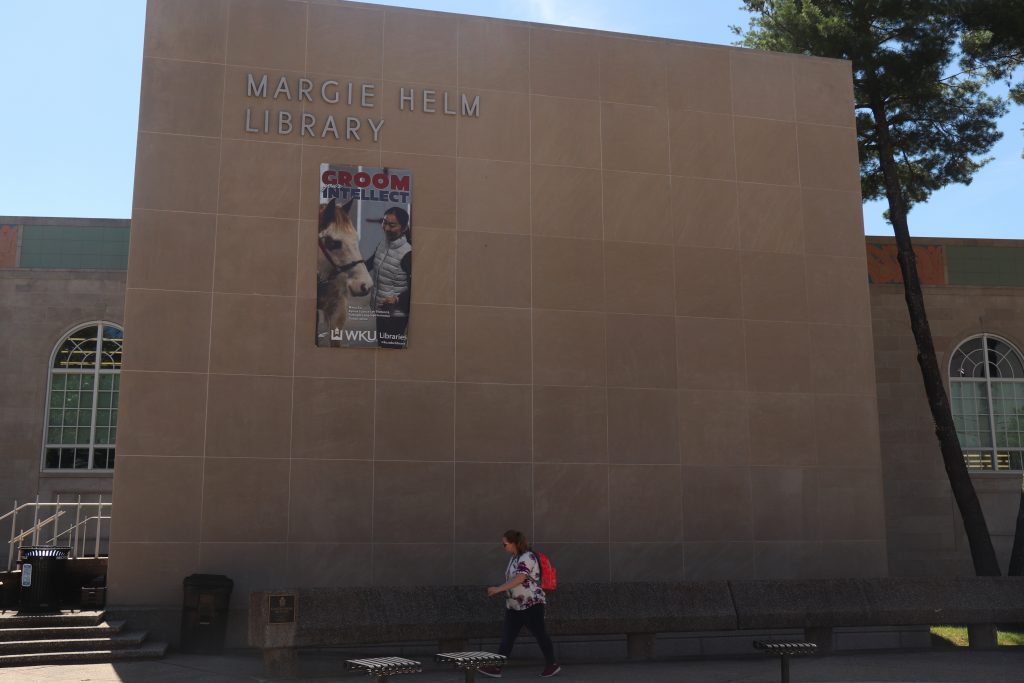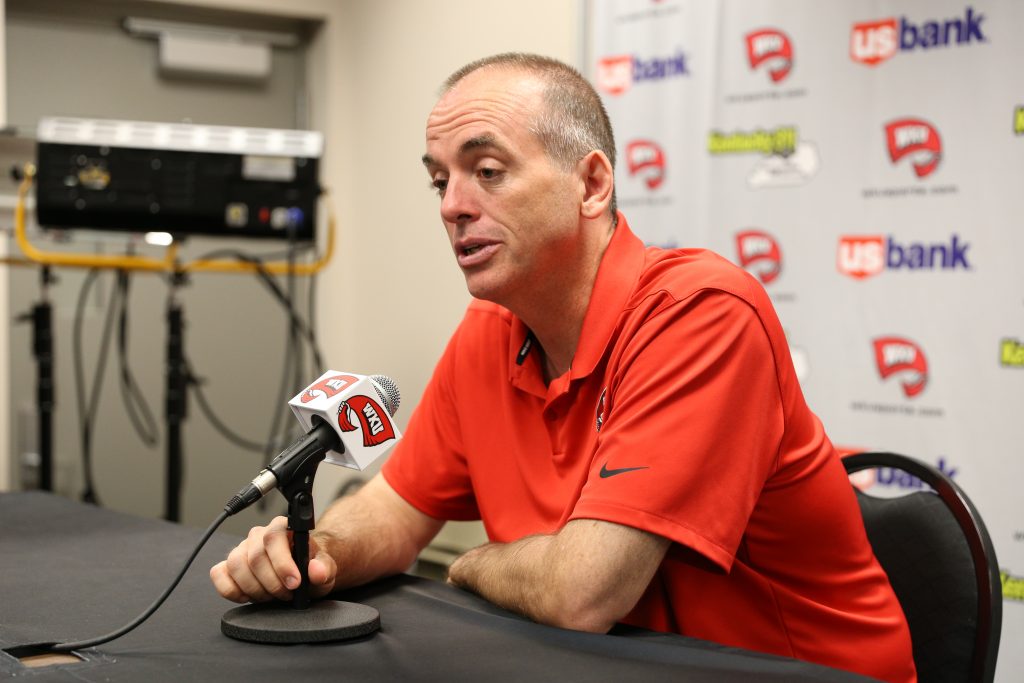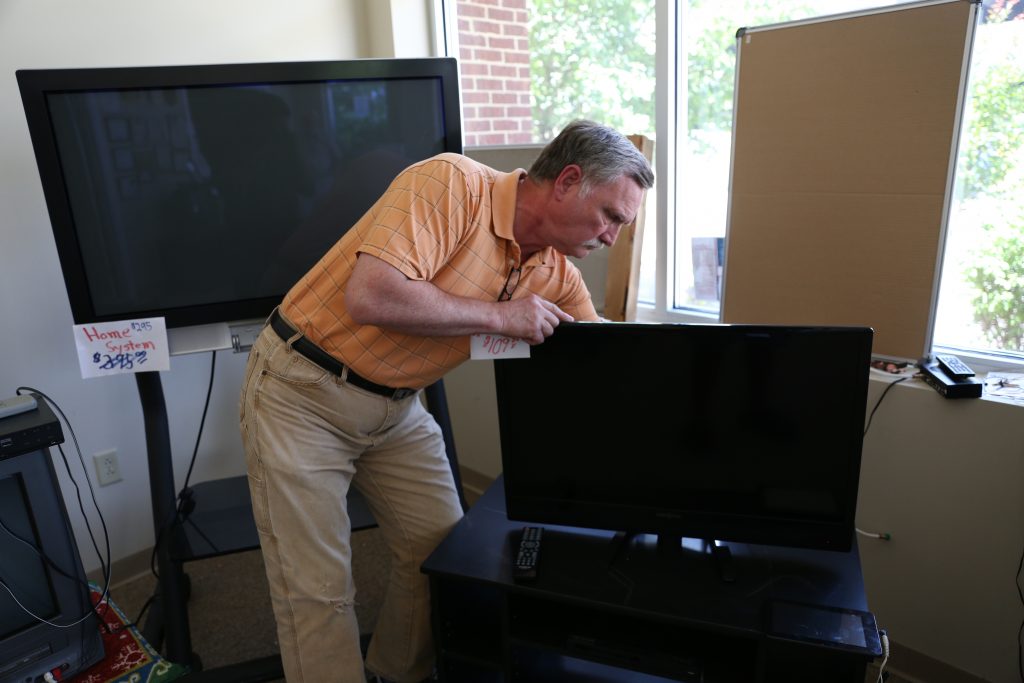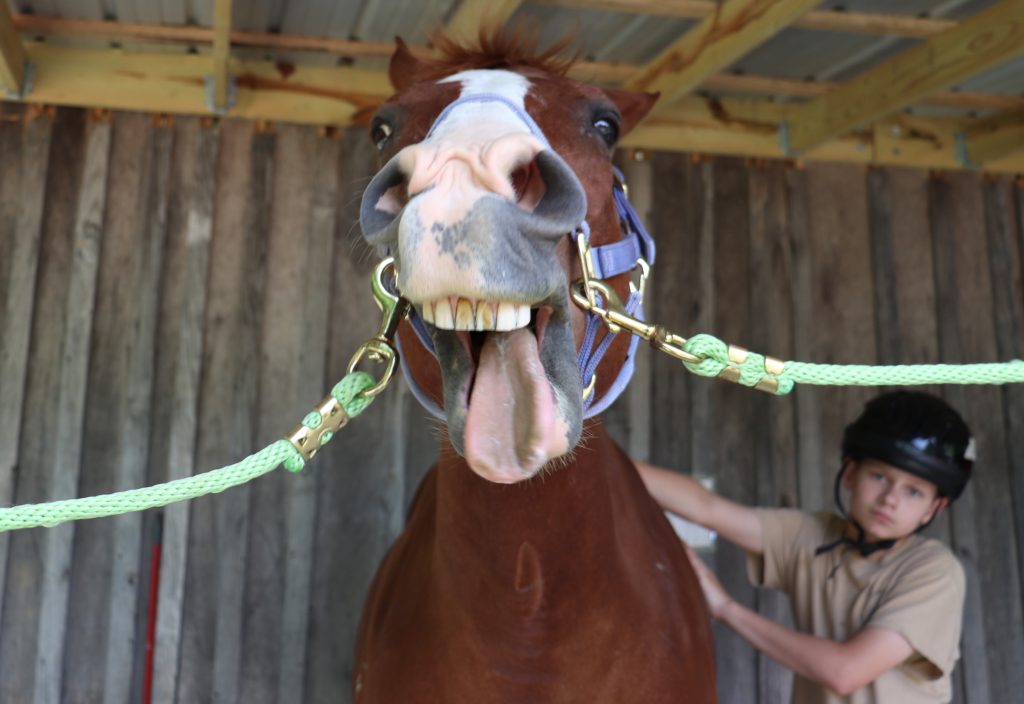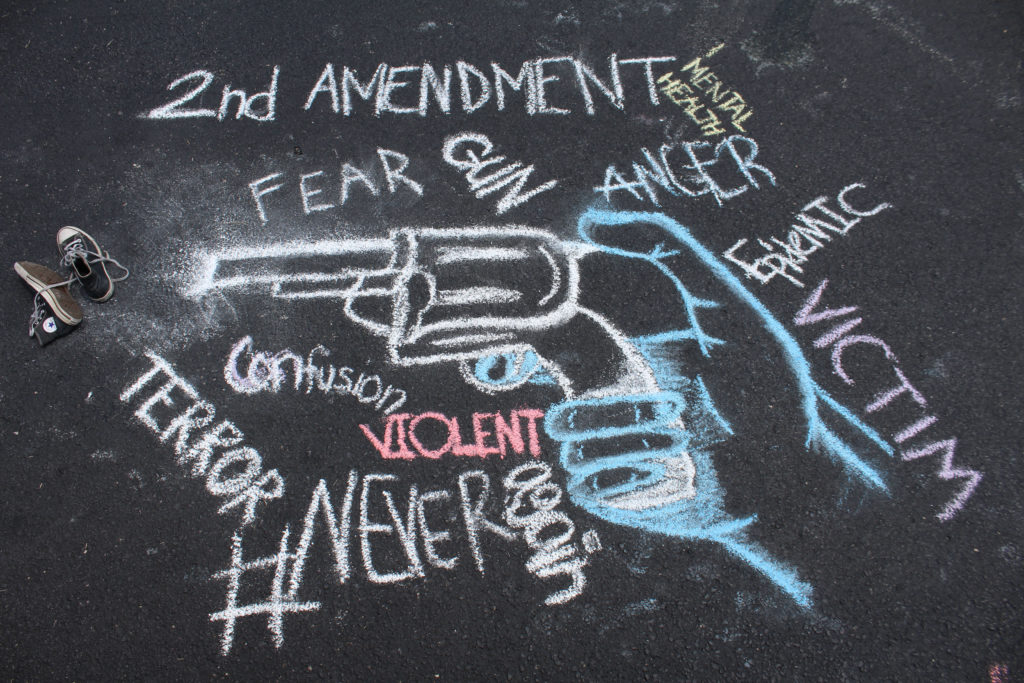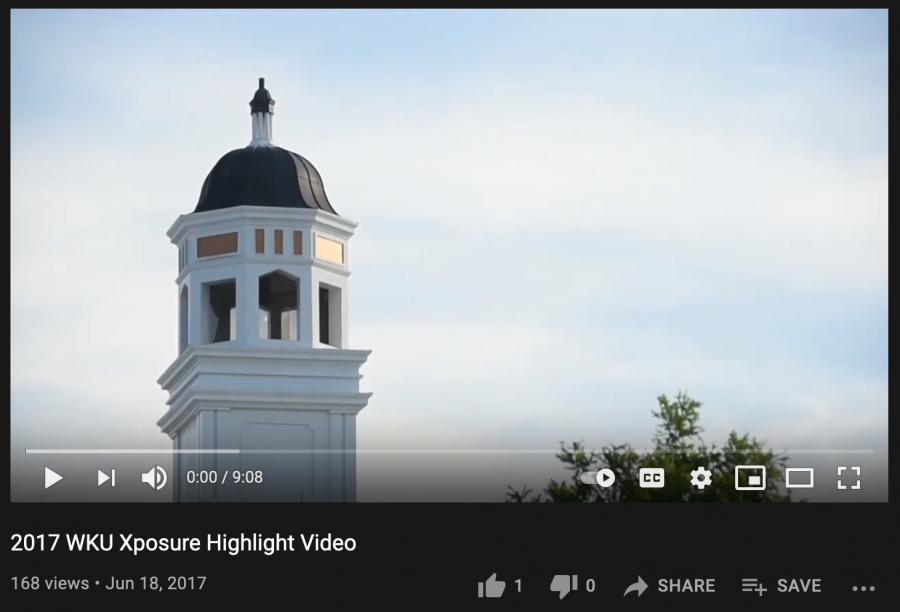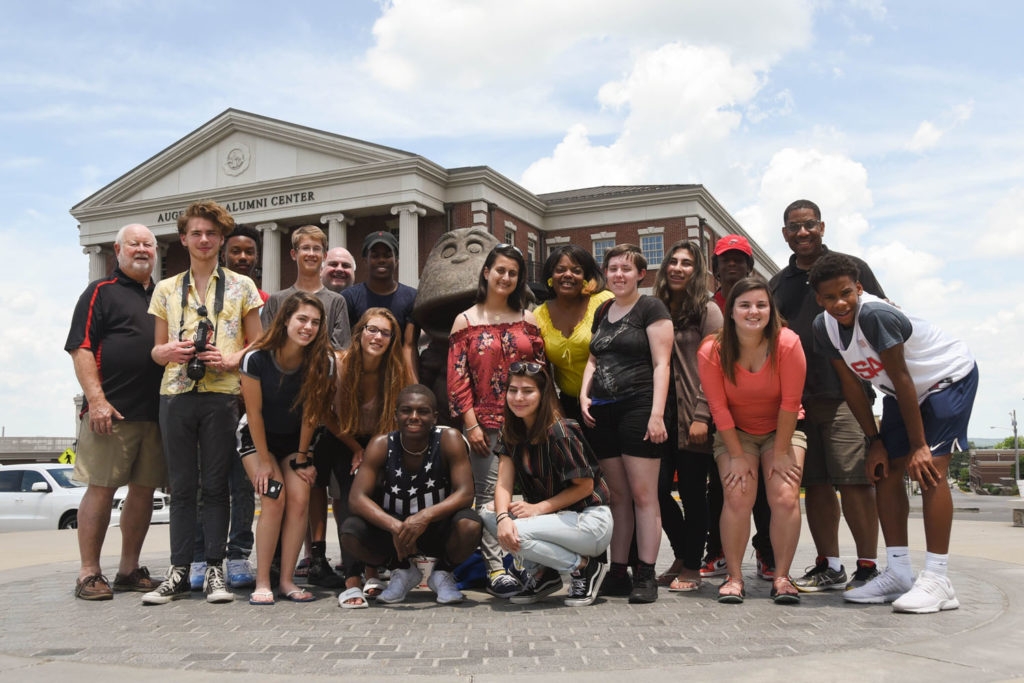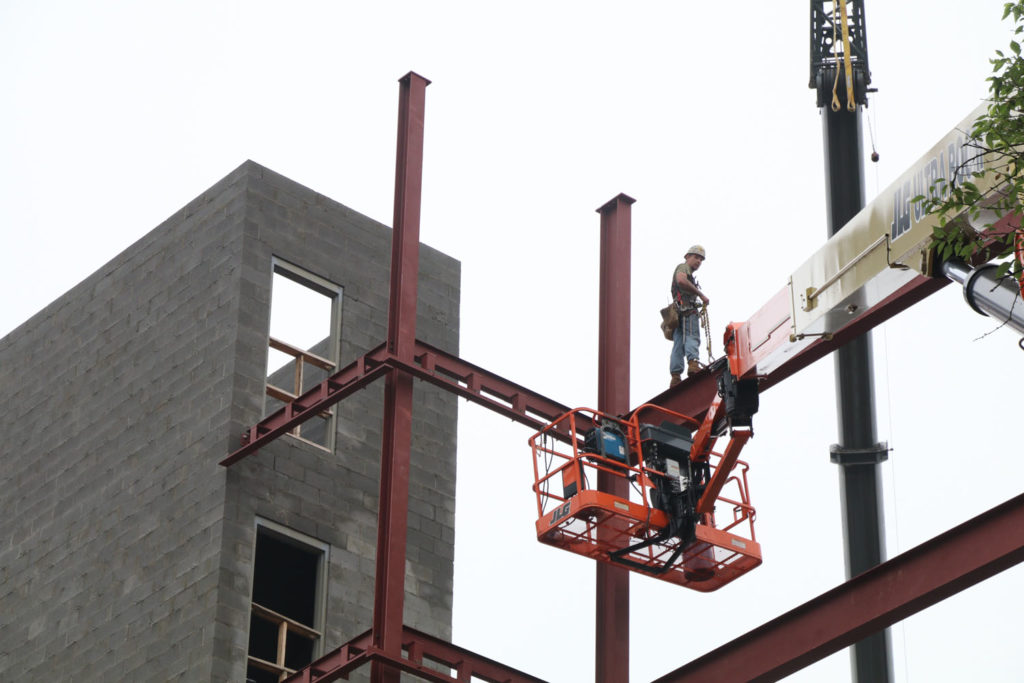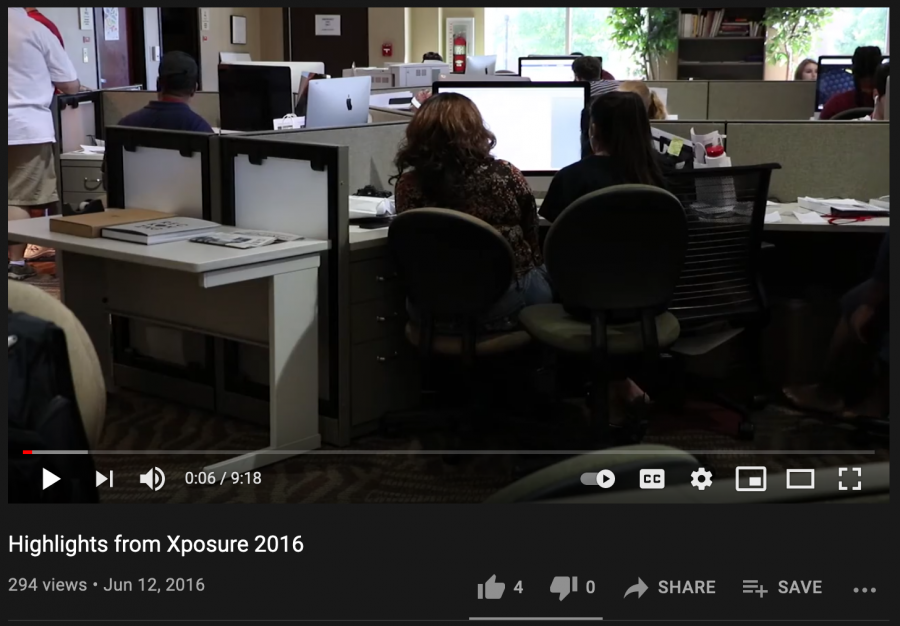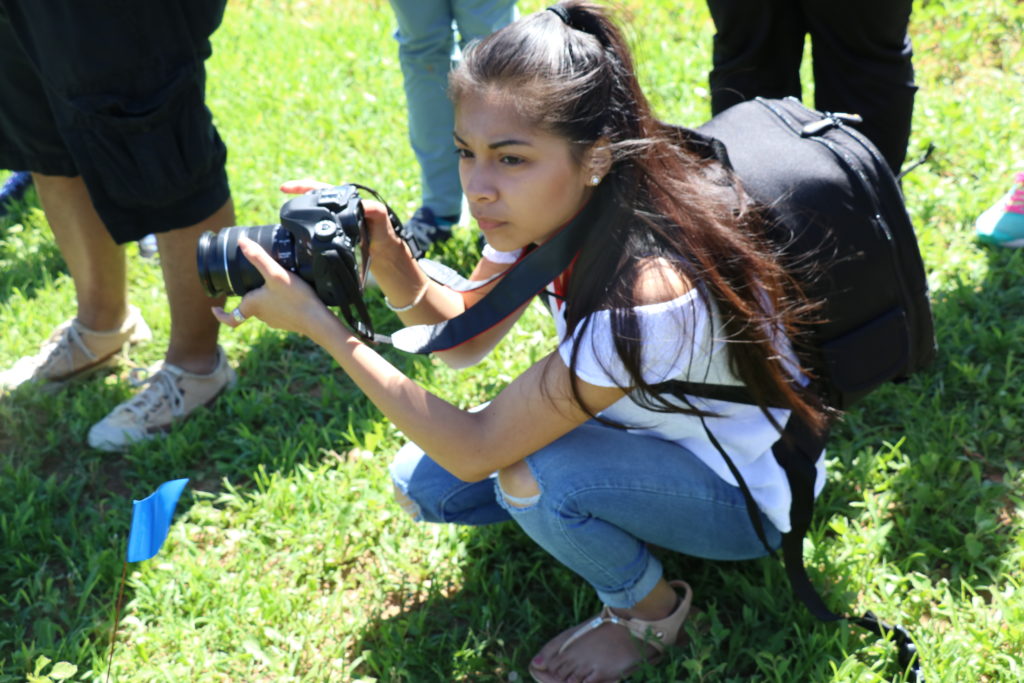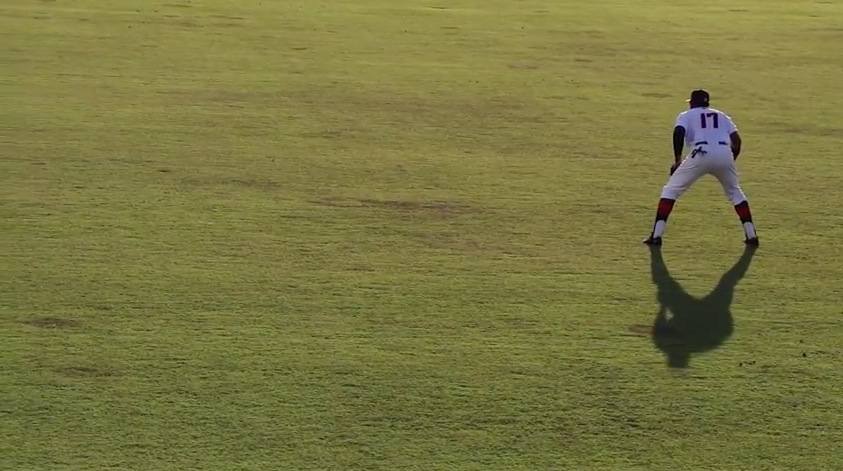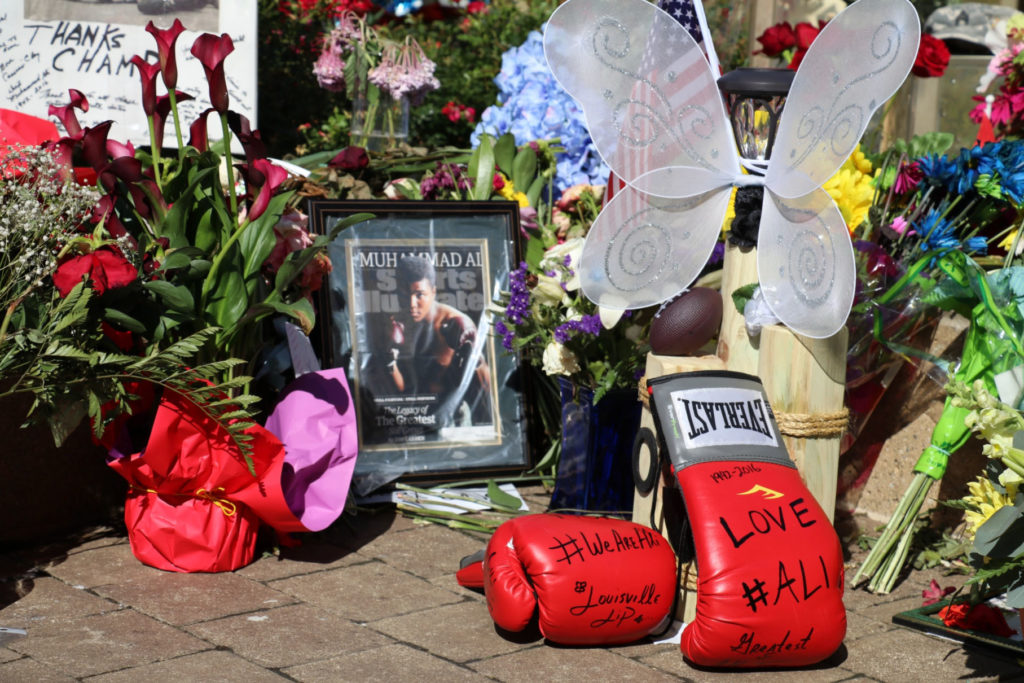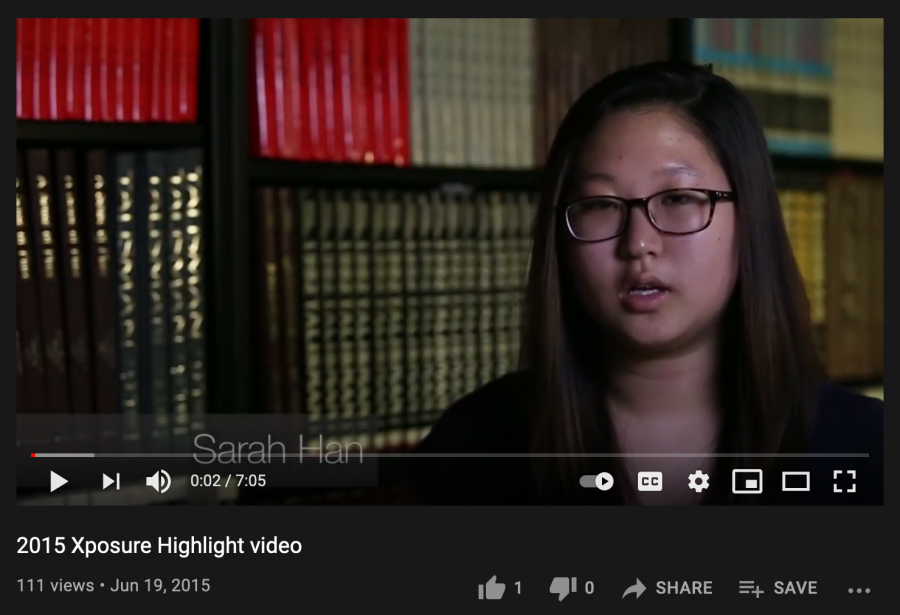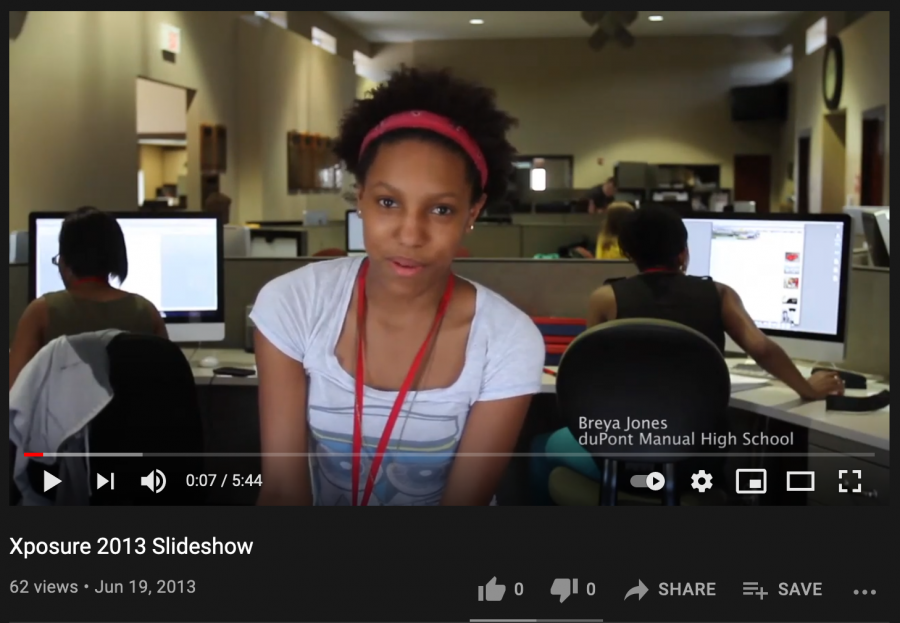WKU volleyball coach loves life, his players
By NOAH GREBE
duPont Manual High School
The summer before the 2018 college volleyball season, life took a turn for Travis Hudson when he had to face his toughest opponent yet -– a widow-maker heart attack.
After suddenly feeling pain in his chest, the WKU volleyball coach drove himself to a nearby hospital. He was in the middle stages of a severe heart attack, one that has a survival rate of 12%.
After a week in the hospital, the coach was back on the court, preparing his team to take on the University of Alabama in the season opener.
“I think God left me here for a reason and I don’t think it was to sit at home and feel sorry for myself since I had a heart attack,” Hudson said. “I think it was to get back out and continue to try to do the things that I do.”
Hudson, 47, who is entering his 25th season coaching the Hilltopper team, has no plans of stopping.
In his years as coach, Hudson has accomplished many feats on and off the court. The love he unabashedly expresses for his team has played out on the highway, in hospital rooms and classrooms.
In 2010, the team was on its way to Mobile, Ala., to face South Alabama when the bus unexpectedly shifted. Hudson discovered that the bus driver was unconscious, suffering from a severe heart attack.
Hudson took over the wheel and pressed on the brakes; his quick thinking likely prevented serious injuries among his players. The bus driver later died, the Bowling Green Daily News reported.
“My first reaction was to get that bus stopped and keep everyone on there safe, and so through the grace of God we were able to get that done,” Hudson said.
Although it has been many years since the accident, Hudson said the memory remains vivid.
“Every pothole we hit, every bump in the road is something that still puts that fresh in my mind.” Hudson said.
More recently, Hudson’s devotion to his players was evident when he offered to pay tuition to any student who would serve as a donor for a former player facing a life-threatening illness.
“To see her have a leukemia diagnosis was absolutely heartbreaking. It was like one of my own children,” Hudson said of Alyssa Cavanaugh, one of his All-American players who graduated last year.
Since the procedure would require a bone marrow donor for a transplant, Hudson offered to pay a semester’s tuition – worth about $5,000 for an in-state student -– for any student who matched and was able to donate to Cavanaugh.
“Offering to pay tuition for a student to be a match sounded like a lot of money to some people,” Hudson said. “But to me it sounded like a no brainer if something like that were to bring a change to save her life.”
While Cavanaugh’s dad eventually became her donor, the coach’s offer brought awareness to the need for bone marrow donors and added many new people to the list of potential donors.
This care for his players is a factor in improving his team’s play on the court.
Before Hudson, WKU hadn’t made it to the NCAA tournament, going 278-275 (50.3 winning percentage) in the program’s first 14 seasons.
Hudson got the job as head coach in 1995, a year after graduating from Western. At 24, he was the youngest head coach in college volleyball at the time.
“I got my job here because nobody had really cared about the sport of volleyball and our program wasn’t very good,” Hudson said. “I was a head coach with zero experience, so the fact that I ended up here was a blessing.”
Hudson, who played basketball and football in high school, had never played competitive volleyball. Coaching women was new for him, too.
“I grew up with brothers,” he said. “I didn’t have any sisters. So, the fact that I was coaching females was different for me. Watching other coaches deal with female athletes and how to coach them and push them and love them helped me learn a lot from them.”
The first three seasons of coaching were a constant process of trial and error for the young coach. The team went 34-65 and finished in the bottom half of the conference in each of the three seasons.
His program took a turn in the 1998 season, and the team hasn’t had a losing campaign since. The Hilltoppers have earned nine conference championships and 11 NCAA tournament appearances with a 610-213 (74.1 winning percentage) record.
“Through the years, I think I’ve become a better coach, but I’ve always tried to maintain being a better person and trying to treat kids a good way,” Hudson said.
While many coaches would be most proud of their team’s wins and tournament appearances, Hudson said he feels the most pride about his team’s academic performance. One hundred percent of his players have graduated.
“It’s something I’m very proud of, but it also means that I care greatly and I care deeply about these kids,” Hudson said.
Hudson takes pride in the fact that only one of his scholarship players has ever transferred out of the program.
“We live in a world in college athletics of transfers and people leaving programs left and right, but this place has been really unique,” he said.
More than anything, Hudson cares most about being a good support system for his players.
“It has very little to do with wins and losses. I love to teach, I love to watch young people grow and improve themselves so they can be ready for life,” Hudson said.
Hudson also aims to help his players with issues off the court. He wants to be someone they can reach in a time of need.
“My goal has always been to be that person who pops into their head when they’re struggling and they need someone to believe in them or tell them that they’re going to make it,” Hudson said.
One thing that will never change for Hudson is his love for the community, as he feels like he should pay forward the blessings that he has been given throughout his career.
“This is the community I love,” he said. “I came here and I found myself as a young man. I feel like this place has given me so much in my career through my student life and into my career.
“I think sometimes we forget in life that when we’re given a lot, that it’s our job to pay it forward and give it back. This is a place that I love deeply.”


